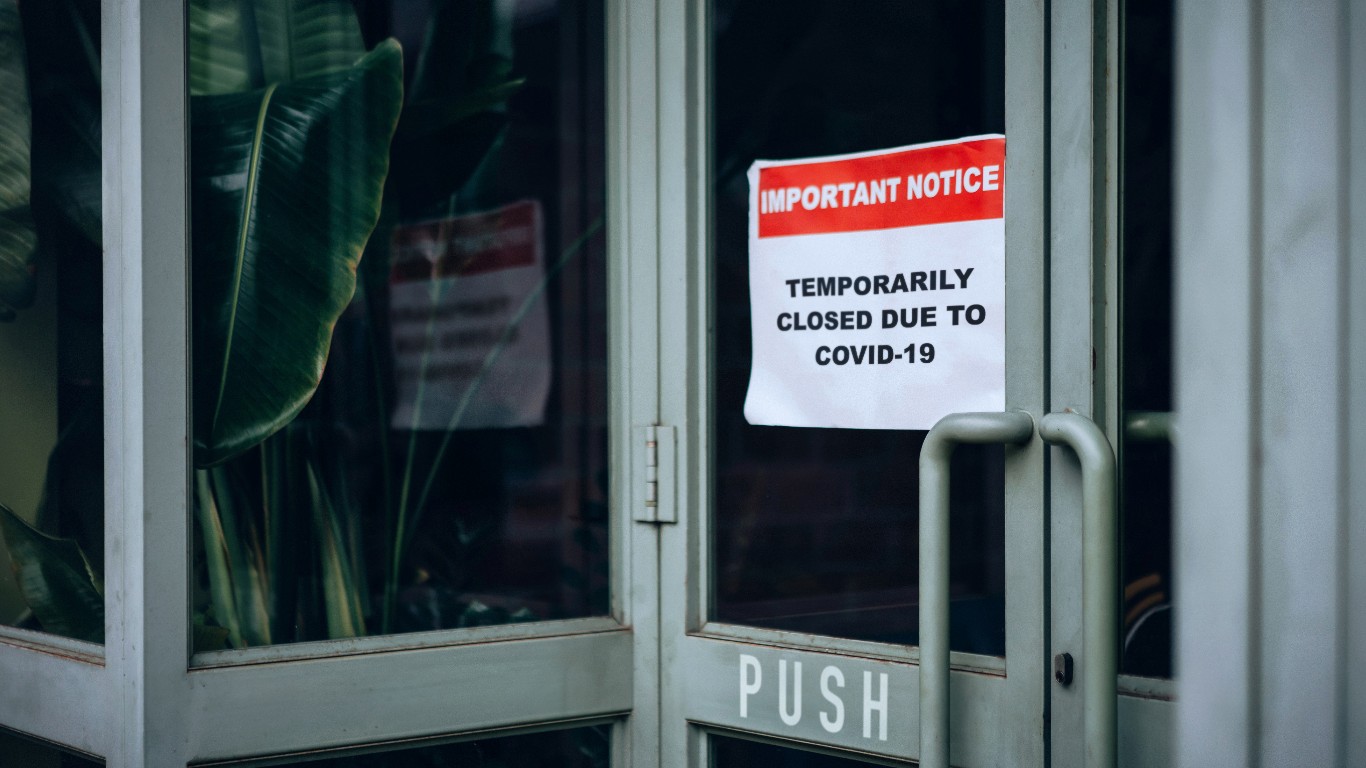The importance of regular testing was highlighted for Allianz in 2019 when our Gracechurch Street offices were locked down with our folk inside and caught within a police cordon following a terror attack on London Bridge.
Although it was a worrying time for employees who were unable to leave the office, our incident response team had rehearsed a similar incident several months earlier, and so everyone felt much more confident about what was going on, we were able to make decisions quickly and our operations were unaffected.
It’s critical to keep your eyes and ears open to new potential threat vectors. And now, although it feels a bit like the plot of a science fiction movie, we are beginning to assess the potential disruption that could be caused by solar flares.
These sudden bursts of energy on the sun produce electromagnetic radiation that can affect phone signals, GPS, satellite communications and the internet, with obvious ramifications for customer communications.
Looking at business continuity in the round, and taking a moment to think about some of the biggest learnings from the last 12 months, employee resilience or wellbeing is another increasingly important topic.
It’s not much good having great processes and fully resilient networks if ultimately the pressures of your employees mean they are not workable in practice.
Some of the personal coping stories of the last 12 months have made for tough reading and required insurers to think very differently about how they support and provide for their people by adapting HR policies and priorities accordingly. Minimising uncertainty and showing employees that they are a valuable part of the company is good business





























